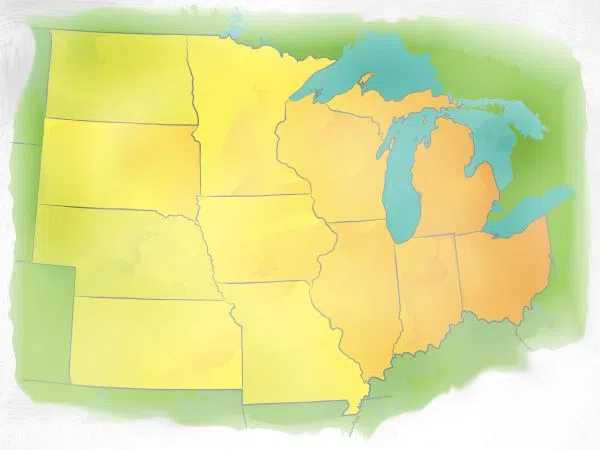
Demands for social justice in cities like Kenosha are linked to racial inequities deeply rooted in the nation’s history, but researchers say these gaps are more prominent in Midwestern states like Wisconsin.
Many recent protests are sparked by high-profile police shootings. But those cries also point to systemic racism, and recent studies find the Midwest has some of the worst outcomes for Black residents. Laura Dresser, labor economist and associate director of the Center on Wisconsin Strategy, said when Blacks fled to these states in the days of slavery, they may have found job stability in some cities – but housing policies paved the road for future problems. “Because of the residential segregation and because of the racism and discrimination in outlying areas,” said Dresser, “it made moving to where economic opportunity grew much more difficult.” She added that in the struggling urban areas where Black populations were forced to stay, an eroding economic base created a host of barriers that exist today.
Dresser contributed to a 2019 report led by the Economic Policy Institute that said all 12 Midwestern states have deep racial disparities, in areas from education and jobs, to health and home ownership. In these states, Dresser said Black elected leaders have tried calling attention to these issues, but their voices often are drowned out amid decades of growing political divisions; however, she noted that if more of these voices can be heard, solutions can be found. “Think about raising the minimum wage, or extending Medicaid, which the state of Wisconsin has not done,” said Dresser. “These two things would make an enormous difference.” Dresser said addressing school discipline disparities would help as well, so that Black students would be in a better position to graduate and aim for future job success.










